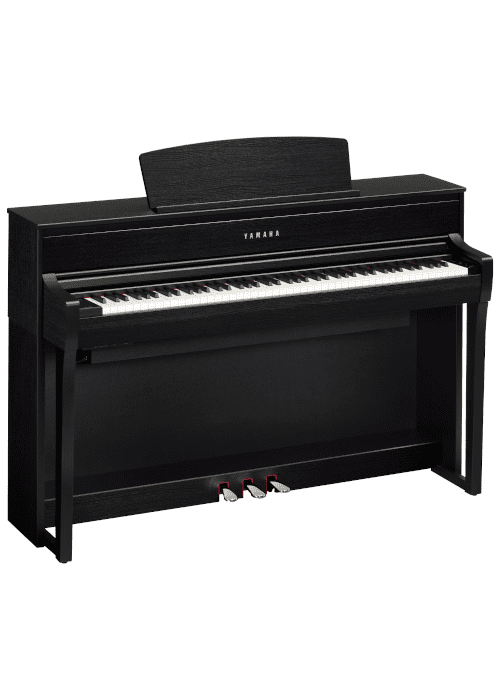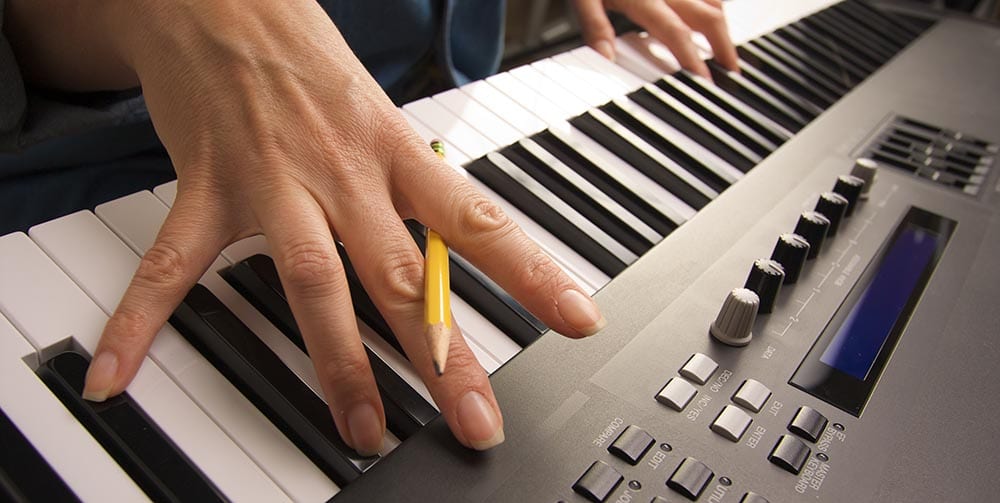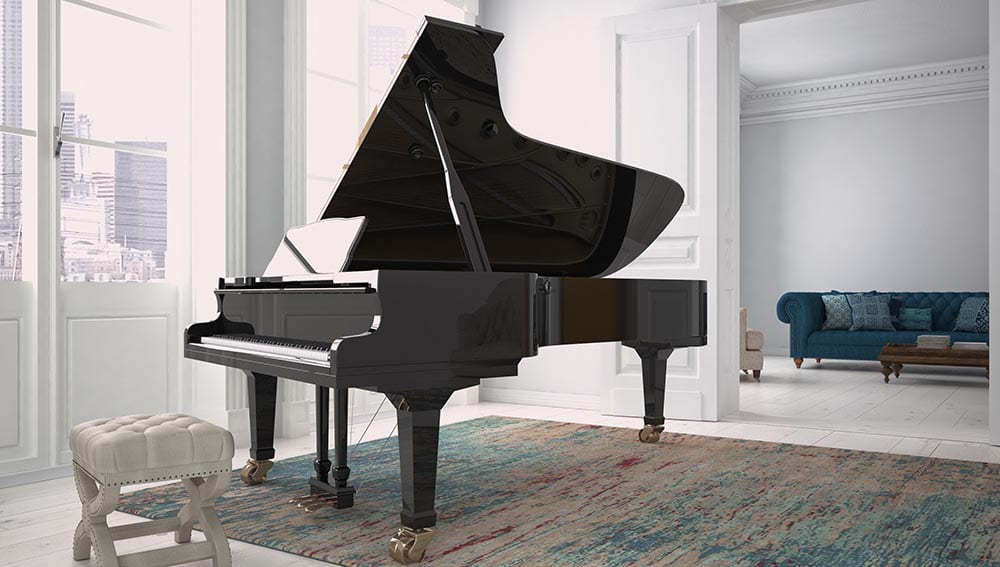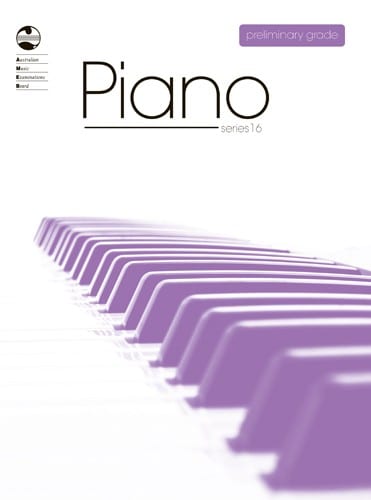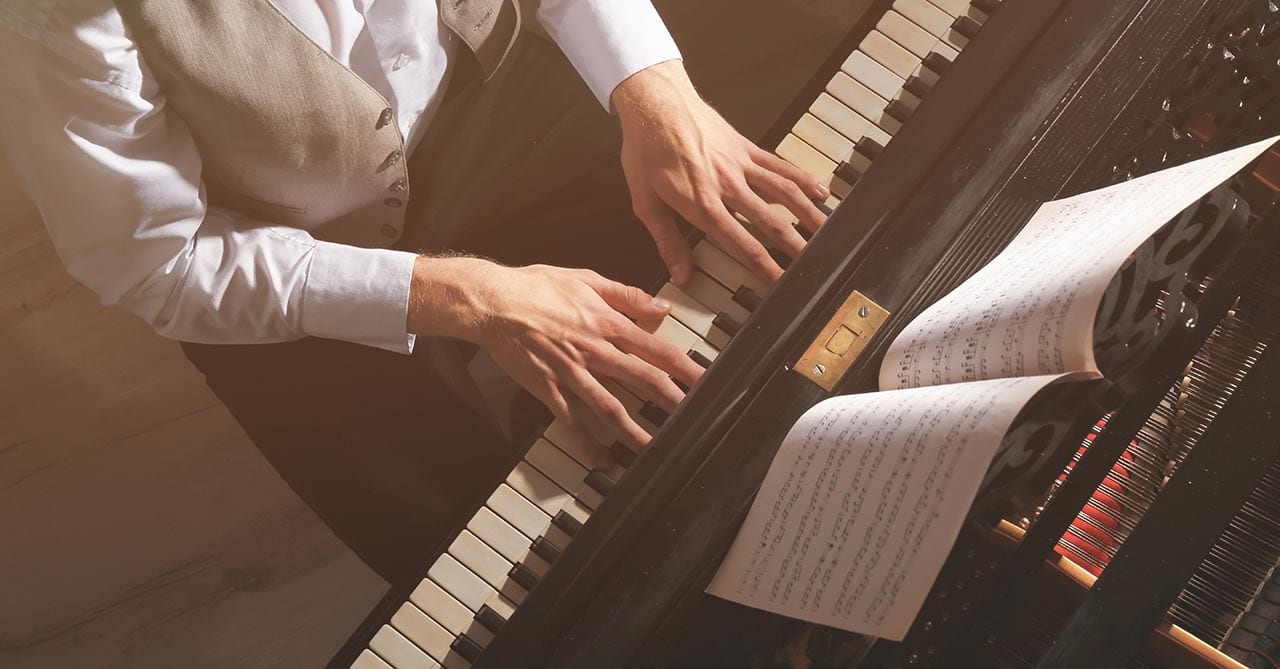If you’re tossing up between whether to buy an acoustic or a digital piano, and aren’t sure which way to go – you’ve come to the right spot!
Both acoustic and digital pianos have their place in the instrument family, and are suitable for various situations, depending on how you plan to use your piano. Before you look into making your piano purchase, do your research and have a think about where you’re going to put it, what you’re going to use it for and who’s going to be playing it.
To help you decide, we’ve put together some differences between acoustic and digital pianos, so you can stop thinking and start playing!
Acoustic Pianos
Acoustic pianos are crafted instruments made of high-quality wood, containing hundreds of moving parts inside. Acoustic (genuine) pianos are not just beautiful to listen to, they’re also beautiful to look at; comparable to works of art.
The natural, original tone colour that comes from an acoustic piano cannot truly be replicated by a digital one. This is due to the way the sound resonates within the body of the wooden acoustic.
The size of the acoustic is also something to be considered. Acoustic pianos come in both upright and grand piano styles. They are, however, much larger than their digital counterpart. Look at the space that you have in your home for your new piano, and ensure there’s plenty of room for an acoustic, if this is what you’re leaning towards.
The quality and longevity that you receive when you buy a genuine piano is unrivalled. Acoustic pianos are built to last and are crafted in a way that ensures high quality is retained. This is, of course, assuming that you take good care of your piano as well as having it tuned and serviced regularly.
As a general rule, acoustic pianos cost more than digital pianos. The reason for the price premium on acoustics is because of the high quality materials they are made out of, as well as the superior sound quality that is granted as a result. Acoustic pianos are also built to stand the test of time, another reason they are worth the investment.
Digital Pianos
Digital pianos are a great alternative to acoustic pianos as they offer more flexibility when it comes to control, usage, portability, and maintenance.
While they do not achieve the natural resonance of a genuine piano, the timbre of a good quality digital piano is still a reasonable imitation of the acoustic. Additionally, digital pianos afford greater control when it comes to the sound they produce. Unlike acoustic pianos, you can easily adapt the volume of a digital piano depending on the space. For example, digital pianos can be plugged into amps to maximise sound, or have headphones jacked in, so that you can play any time of the day, without worrying about being too loud for the neighbours.
Digital pianos are able to support high-tech features that acoustic pianos cannot. Many digital pianos have built-in, simulated sounds and beats – these are great for musicians wanting to use their piano to record tracks. Some digital pianos will play one-note chords or have screens demonstrating the fingering for a piece, which can be helpful for beginners.
Acoustic pianos should only ever be moved with great care, and by professionals. On the other hand, digital pianos are more compact and don’t require as much attention when it comes to relocation. Due to their smaller size and fewer moving parts, digital pianos can be a one-person job when it comes to moving and storing, this also factors in for bands and traveling musicians. Digital pianos are the way to go if you play music across different venues, as they are portable and small enough to fit into tighter rehearsal and performance spaces. Many digital pianos also let you plug directly into recording hardware, so that you can get a really crisp sound if you’re planning to record yourself playing.
Maintenance is another important factor to consider when deciding between the acoustic or digital piano. Acoustic pianos require regular tuning and maintenance for ultimate sound quality and upkeep. Digital pianos don’t require any regular maintenance, so they’re a little less work and have no ongoing costs!
Ultimately, how you’re planning on using your piano will affect whether you go down the acoustic or digital route. If you’re looking for a more permanent fixture in your space and love the original sound of the natural-wood, the acoustic is definitely the way to go. On the flip side, if you’re looking for something that’s easier to maintain, travel with and store, the digital piano will be your best friend!
Now that you understand some of the key differences between acoustic and digital pianos, it’s time to get playing! Contact us here today and we’d be happy to answer any questions you may have.


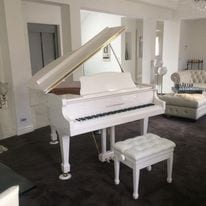
 January 31, 2021
January 31, 2021
